Home>Interior Design>What Is The Feng Shui Death Position In A Bedroom? And Why You Should Avoid It
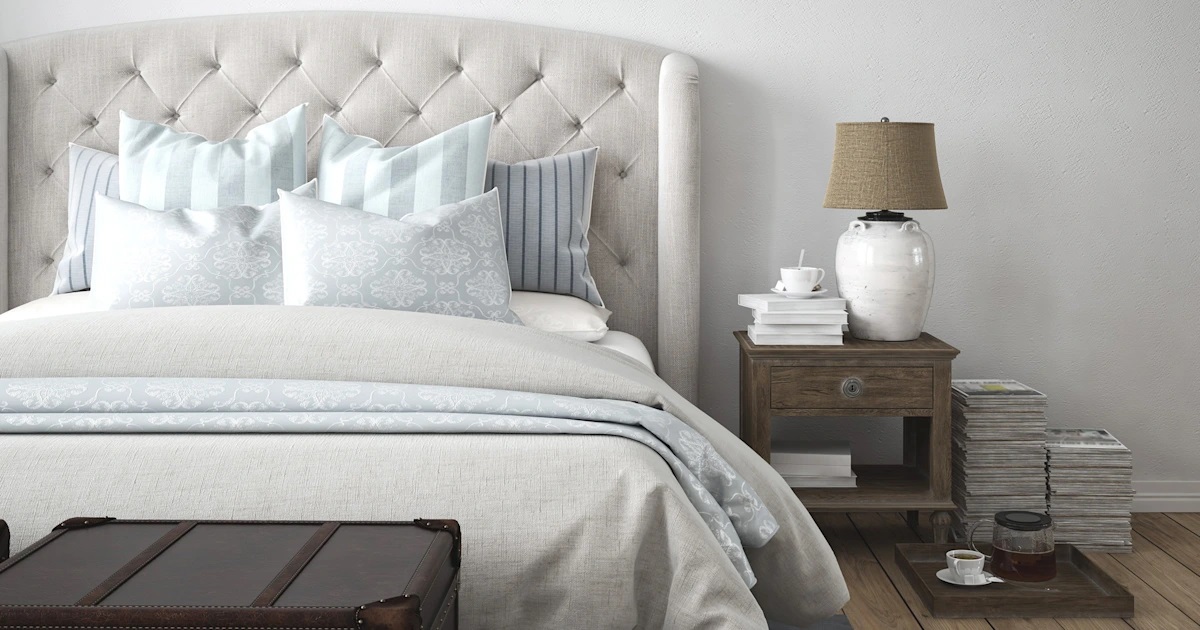

Interior Design
What Is The Feng Shui Death Position In A Bedroom? And Why You Should Avoid It
Modified: October 20, 2024
Discover the dangers of the Feng Shui death position in bedroom interior design and learn why avoiding it is crucial for maintaining positive energy and harmony.
(Many of the links in this article redirect to a specific reviewed product. Your purchase of these products through affiliate links helps to generate commission for Storables.com, at no extra cost. Learn more)
Introduction
Feng Shui, an ancient Chinese practice, is gaining popularity worldwide as a way to create harmonious and balanced living spaces. It focuses on the arrangement and flow of energy, known as Qi, to promote positive energy and well-being. While Feng Shui principles can be applied to various areas of our lives, the bedroom is one of the most important spaces to consider. A well-designed bedroom can enhance our sleep quality, rejuvenate our bodies, and improve our overall health and happiness.
In the realm of Feng Shui, there is a concept known as the “death position,” which refers to a specific placement of the bed in relation to the door. This position is believed to disrupt the flow of energy in the room and can have negative effects on our health and well-being. In this article, we will explore the concept of the death position in Feng Shui, discuss its potential impact on our sleep and health, and provide tips on how to avoid it in our bedrooms.
Key Takeaways:
- Avoid the “death position” in Feng Shui by positioning your bed away from direct alignment with the door. This promotes a harmonious energy flow, better sleep, and overall well-being.
- Incorporate Feng Shui principles in your bedroom to create a tranquil sanctuary. Use calming colors, declutter, and position your bed for a commanding and restful sleep environment.
Understanding Feng Shui
Feng Shui is an ancient Chinese practice that dates back thousands of years. It is based on the belief that our living environments are interconnected with our physical, mental, and spiritual well-being. The goal of Feng Shui is to create harmonious spaces that promote positive energy flow, balance, and prosperity.
At the core of Feng Shui are five elements: wood, fire, earth, metal, and water. These elements represent different aspects of life and can be utilized to enhance specific areas of our homes or offices. Each element has its own characteristics and properties, and the goal is to achieve a harmonious balance among them.
In addition to the five elements, Feng Shui also considers the flow of energy, known as Qi. Qi is the life force that permeates everything in the universe, including our living spaces. The goal of Feng Shui is to create spaces where Qi can flow freely, unobstructed by clutter or negative energy.
One of the fundamental principles of Feng Shui is the Bagua map, which divides a space into nine sections, each representing a different aspect of life such as career, relationships, health, and wealth. By aligning the elements and arranging furniture and objects according to the Bagua map, we can optimize the energy in each area and bring positive changes into our lives.
Overall, Feng Shui is about creating a balanced and harmonious living environment that supports our well-being and enhances the positive energy in our lives. By understanding and applying Feng Shui principles, we can transform our spaces into tranquil sanctuaries that nurture our mind, body, and spirit.
Feng Shui in the Bedroom
The bedroom is a sacred space in our homes, where we retreat to for rest, relaxation, and rejuvenation. It is essential to create a peaceful and harmonious environment in our bedrooms to enhance our sleep quality and overall well-being. This is where Feng Shui can play a significant role.
When we incorporate Feng Shui principles into our bedrooms, we can experience positive shifts in our sleep patterns, energy levels, and overall health. By optimizing the energy flow in our bedrooms, we can create a sanctuary that promotes relaxation, tranquility, and rejuvenation.
Feng Shui considers various factors in the bedroom, such as the position of the bed, the placement of furniture, the use of colors, and the elimination of clutter. These elements work together to create an environment that supports restful sleep and promotes a sense of calm.
The placement of the bed is one of the most critical aspects of Feng Shui in the bedroom. It is recommended to position the bed in a commanding position, which means that you can see the door from your bed without being directly in line with it. This positioning allows you to feel secure and in control, which can contribute to a better night’s sleep.
In addition to the bed placement, the use of calming colors in the bedroom can help create a soothing atmosphere. Soft, muted colors such as pastels and neutrals are often recommended, as they promote a sense of tranquility and relaxation. Avoid using bold and vibrant colors, as they can be too stimulating for a restful sleep environment.
Eliminating clutter is another important aspect of Feng Shui in the bedroom. Clutter not only affects the energy flow in the room but can also create a sense of unease and restlessness. Keeping the bedroom clean and organized allows for a clear and peaceful space, promoting better sleep and overall well-being.
By incorporating Feng Shui principles into our bedrooms, we can create a space that supports restful sleep, rejuvenation, and overall well-being. The impact of Feng Shui on our sleep quality can have a profound effect on our daily lives, improving our energy levels, focus, and overall happiness.
The Death Position in Feng Shui
Within the realm of Feng Shui, the concept of the death position refers to a specific placement of the bed in relation to the door in the bedroom. It is believed that sleeping in the death position can disrupt the flow of energy, or Qi, in the room, leading to potential negative effects on our health and well-being.
The term “death position” may sound alarming, but it does not necessarily imply actual harm or danger. Instead, it refers to a position that is considered unfavorable in terms of energy flow. In Feng Shui, the door represents the mouth through which energy enters the room, while the bed is seen as the most significant piece of furniture, as we spend a significant amount of time sleeping and rejuvenating there.
The death position occurs when the bed is directly in line with the door, or in a position where it faces the door when we are lying down. This creates a direct line of energy, known as a “poison arrow,” that can disrupt the flow of Qi and have a negative impact on our sleep quality and overall well-being.
From a Feng Shui perspective, the significance of the death position is related to the belief that when we sleep, our bodies are vulnerable and sensitive to energy influences. It is believed that having the bed in line with the door can create a sense of unease, subconsciously making us feel exposed and on guard, thus affecting our ability to relax and achieve restful sleep.
The goal of Feng Shui is to create a harmonious and balanced energy flow in our living spaces. By avoiding the death position in our bedrooms, we can promote a more peaceful and nurturing environment that supports our sleep and overall well-being.
Next, we will explore how to identify the death position in a bedroom and the potential negative effects it can have on our sleep and health.
Identifying the Death Position in a Bedroom
Identifying the death position in a bedroom is crucial in Feng Shui to avoid any potential negative effects on our sleep and well-being. There are several factors to consider when determining the death position and several indicators that can help us identify it.
The first factor to consider is the alignment of the bed with the door. If the bed is directly in line with the door, or if it faces the door when we are lying down, it is likely in the death position. This direct alignment creates a strong energy flow that can disrupt the peaceful ambiance of the room.
Another factor to consider is the proximity of the bed to the door. If the bed is too close to the door, it can create a sense of vulnerability and unease while sleeping, contributing to restlessness and a lack of deep sleep.
Additionally, the position of the bed in relation to other furniture in the room can indicate the death position. If the bed is positioned in such a way that it is directly aligned with large or heavy furniture, it can create an imbalance in the overall energy flow and disturb the harmonious atmosphere of the space.
Common indicators of the death position in a bedroom include a sense of discomfort or unease while lying in bed, difficulty falling asleep or achieving restful sleep, and experiencing a lack of rejuvenation and energy upon waking up. If you notice any of these signs, it may be worth examining the positioning of your bed in relation to the door and other elements in the room.
Identifying the death position in your bedroom is the first step to creating a more harmonious and balanced energy flow. In the next section, we will explore the negative effects of the death position and its impact on our sleep and overall health.
The Feng Shui death position in a bedroom is the one where the bed is directly in line with the door. This is considered bad energy and should be avoided to promote better sleep and overall well-being.
Negative Effects of the Death Position
The death position in Feng Shui can have negative effects on our sleep quality and overall health due to the disturbance in energy flow that it creates. Understanding these effects is essential for creating a harmonious and balanced bedroom environment.
One of the primary negative effects of the death position is the disruption of energy flow, or Qi, in the room. When the bed is directly in line with the door, it creates a strong and direct flow of energy known as a “poison arrow.” This can lead to a sense of restlessness, unease, and an inability to relax, resulting in disrupted sleep patterns and a lack of rejuvenation.
The death position can also cause a loss of personal power and sense of control. When we sleep in a position where the bed is aligned with the door, we can subconsciously feel exposed and vulnerable. This can create a constant state of alertness and prevent us from fully letting go and entering a deep and restful sleep state.
In addition to the disruption of energy flow and the loss of personal power, the death position can also contribute to increased stress and anxiety levels. Sleeping in a position that does not feel safe and secure can create a constant sense of unease, making it difficult to achieve a restful and peaceful sleep. Over time, this can lead to chronic sleep issues and a negative impact on our overall mental and physical well-being.
Furthermore, the disturbance in energy flow caused by the death position can affect the balance of Yin and Yang energies in the room. Yin energy represents calmness, relaxation, and rejuvenation, while Yang energy represents activity and stimulation. When the death position disrupts the flow of Yin energy, it can result in an imbalance of energies, making it challenging to achieve a peaceful and harmonious sleep environment.
Overall, the negative effects of the death position in Feng Shui can disrupt our sleep quality, increase stress levels, and impact our overall health and well-being. Avoiding the death position and creating a balanced and harmonious energy flow in our bedrooms is essential for promoting restful sleep and creating a nurturing environment for our bodies and minds.
In the next section, we will discuss the reasons why you should avoid sleeping in the death position in your bedroom.
Why You Should Avoid the Death Position
There are several important reasons to avoid sleeping in the death position in your bedroom. The negative energy associated with this position can have various consequences on your sleep quality, overall health, and well-being.
First and foremost, the death position disrupts the flow of energy, or Qi, in the room. When the bed is directly aligned with the door, it creates a strong flow of energy known as a “poison arrow.” This can lead to disturbed sleep, restlessness, and a lack of rejuvenation. By avoiding the death position, you can promote a more harmonious and balanced energy flow, which is essential for a restful sleep environment.
Sleeping in the death position can also compromise your sense of personal power and security. When the bed is in line with the door, you may subconsciously feel exposed and vulnerable, making it difficult to relax and fully let go. This can have a negative impact on your ability to achieve deep sleep and wake up feeling refreshed and energized.
Furthermore, the death position can contribute to increased stress and anxiety levels. Feeling constantly on guard and unable to fully relax during sleep can lead to a chronic state of restlessness, making it challenging to experience a truly restorative sleep. This can have far-reaching effects on your overall mental and physical health, including decreased focus, lowered immune function, and increased risk of mood disorders.
Examples of potential negative consequences of sleeping in the death position include difficulty falling asleep, frequent waking during the night, restless and unrefreshing sleep, feelings of exhaustion and fatigue upon waking, increased irritability and mood swings, and a general sense of unease and discomfort in your bedroom.
To avoid these potential negative consequences, it is advisable to reposition your bed and create a more harmonious sleep environment. By consciously avoiding the death position, you can promote a greater sense of peace, relaxation, and overall well-being.
In the next section, we will provide practical tips and suggestions on how to avoid the death position in your bedroom.
Tips to Avoid the Death Position
Avoiding the death position in your bedroom is essential for creating a harmonious and balanced energy flow that promotes restful sleep and overall well-being. Here are some practical tips and suggestions to reposition your bed and avoid the death position:
1. Commanding Position: Position your bed in a commanding position where you can see the door without being directly in line with it. This placement allows you to feel secure and in control, promoting a sense of peace and relaxation.
2. Bed Placement: Place your bed against a solid wall for stability and support. Avoid positioning it under a window or directly against a wall that shares a bathroom or kitchen, as these can create undesirable energy flows.
3. Distance from the Door: Ideally, your bed should be placed at a distance from the door that allows for a comfortable and restful sleep. Avoid placing it too close to the door, as this can create a sense of vulnerability while sleeping.
4. Furniture Arrangement: Ensure that your bed is not in direct alignment with large or heavy furniture pieces, such as dressers or wardrobes. This can create an imbalance in energy flow and disrupt the overall harmonious atmosphere of the room.
5. Clutter-Free Space: Clear any clutter from around your bed to promote a sense of peace and tranquility. A clutter-free space allows for better energy flow and promotes restful sleep.
6. Colors and Lighting: Use soothing colors, such as soft pastels or neutral tones, for your bedroom walls and bedding. These colors create a calming atmosphere that supports relaxation and sleep. Additionally, consider using soft, warm lighting to create a cozy and peaceful ambiance.
7. Balance Yin and Yang: Incorporate both Yin and Yang elements into your bedroom decor to achieve a harmonious balance. For example, you can add soft textures and gentle curves (Yin) alongside some vibrant colors or artworks (Yang) to create a visually appealing and balanced space.
8. Plants and Natural Elements: Introduce plants and natural elements into your bedroom to enhance the positive energy flow. Plants can improve air quality and provide a sense of calm and vitality.
By implementing these tips and suggestions, you can avoid the death position and create a peaceful and harmonious bedroom that supports restful sleep and overall well-being. Remember, Feng Shui is about creating a balance and nurturing space, so trust your intuition and make adjustments that feel right for you and your living environment.
Lastly, in the concluding section, we will summarize the key points covered in this article.
Conclusion
Feng Shui offers valuable insights and principles for creating a peaceful and harmonious bedroom environment. By understanding and avoiding the death position, we can enhance our sleep quality, improve our overall health, and create a sanctuary that nurtures our well-being.
In this article, we explored the concept of the death position in Feng Shui and its significance in relation to energy flow. We discussed the negative effects of the death position, such as disrupted sleep, increased stress, and a loss of personal power. We also highlighted the importance of avoiding the death position and provided practical tips to reposition our beds and create a more harmonious sleep environment.
By considering factors such as the alignment of the bed with the door, the proximity to other furniture, and the overall energy flow in the room, we can identify and avoid the death position. Creating a commanding position for the bed, maintaining a clutter-free space, using calming colors and lighting, and incorporating natural elements are effective ways to promote a peaceful and balanced energy in our bedrooms.
Remember, Feng Shui is a personal and intuitive practice, and it’s important to trust your instincts and make adjustments that resonate with you and your living environment. By embracing Feng Shui principles and avoiding the death position, we can transform our bedrooms into havens of tranquility, supporting our sleep, health, and overall well-being.
Take the time to assess and rearrange your bedroom to align with Feng Shui principles, and observe the positive changes that unfold in your sleep quality, energy levels, and overall happiness. Let your bedroom be a sanctuary that promotes restful sleep, rejuvenation, and a sense of peace.
Thank you for joining us on this exploration of the death position in Feng Shui and its significance in the bedroom. May you cultivate a harmonious and balanced living space that brings you joy, serenity, and restful nights of sleep.
Frequently Asked Questions about What Is The Feng Shui Death Position In A Bedroom? And Why You Should Avoid It
Was this page helpful?
At Storables.com, we guarantee accurate and reliable information. Our content, validated by Expert Board Contributors, is crafted following stringent Editorial Policies. We're committed to providing you with well-researched, expert-backed insights for all your informational needs.
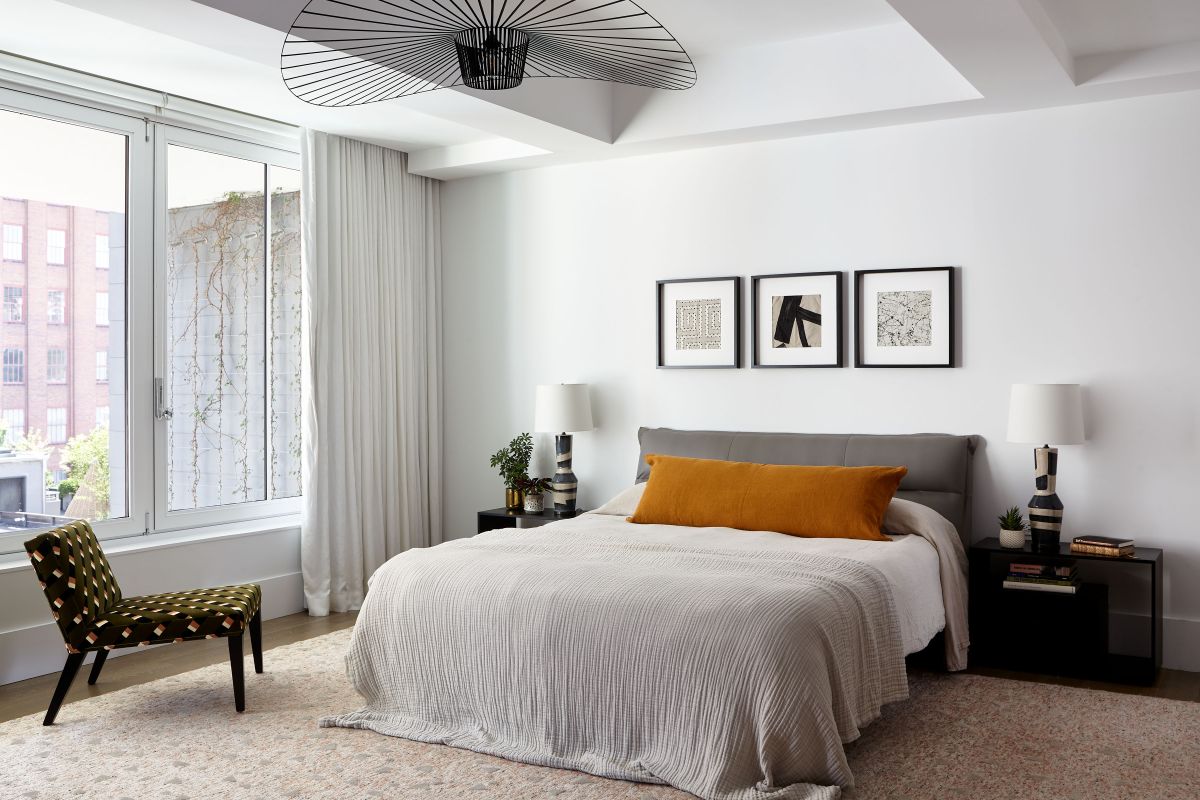

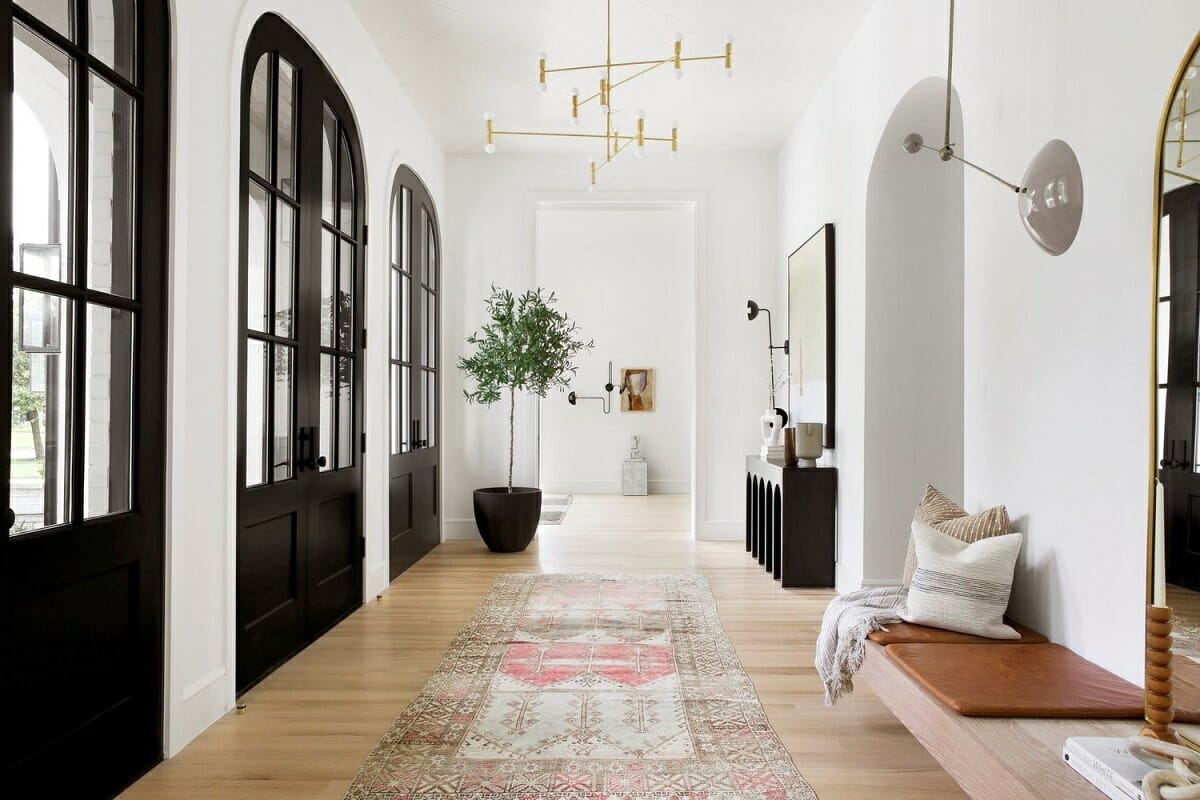

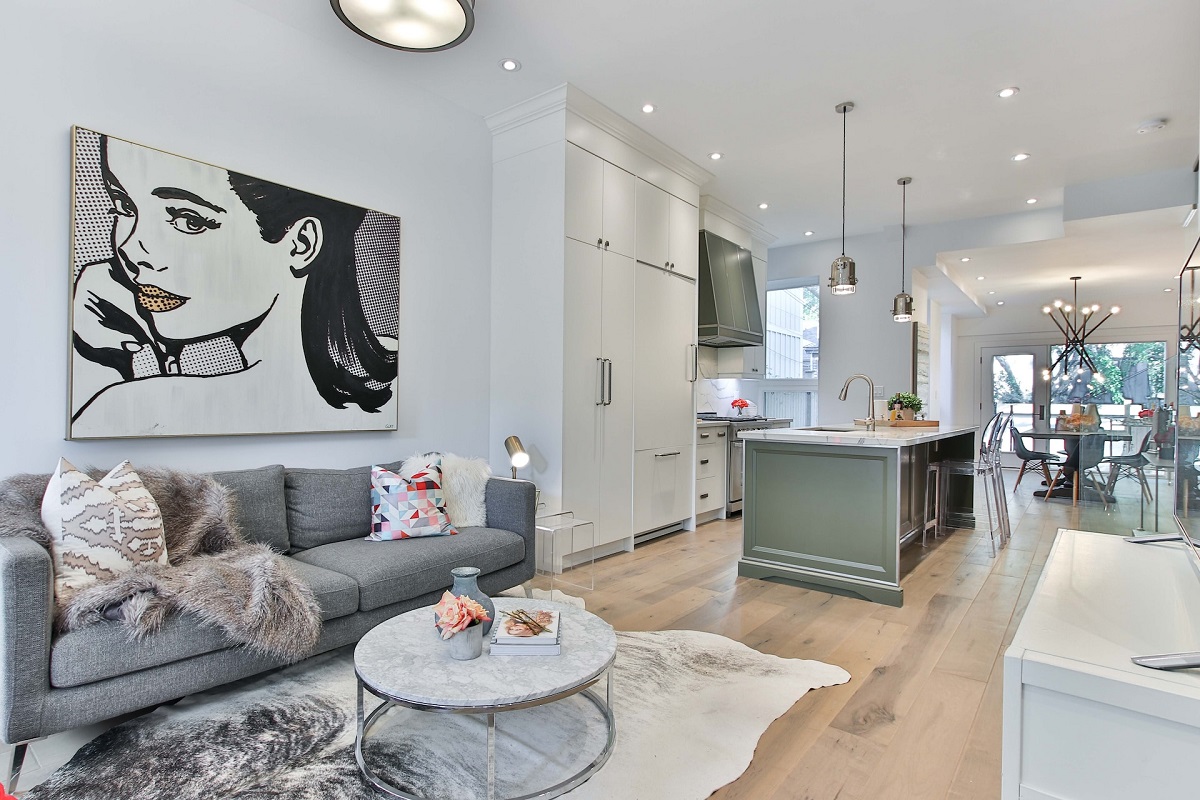
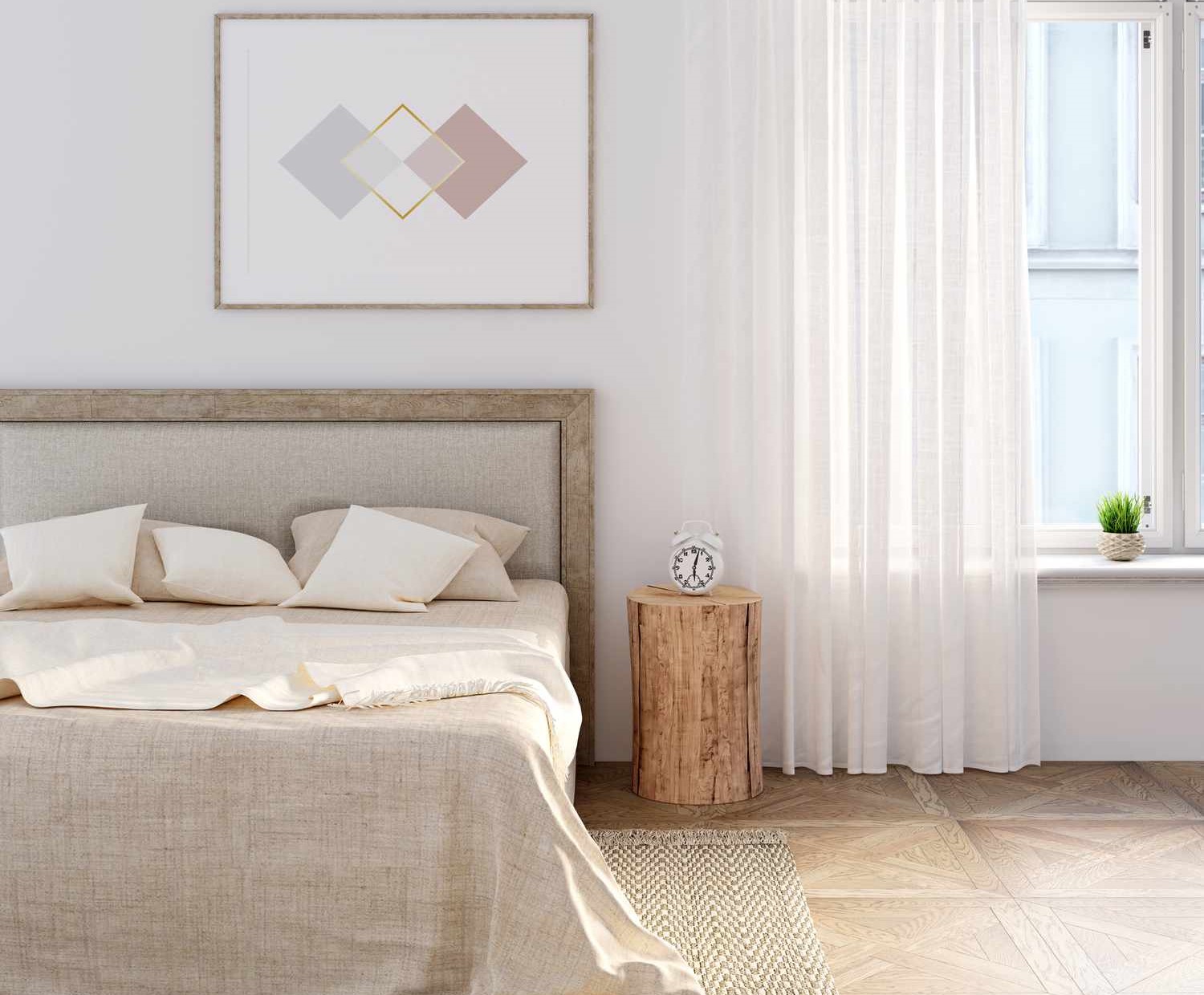
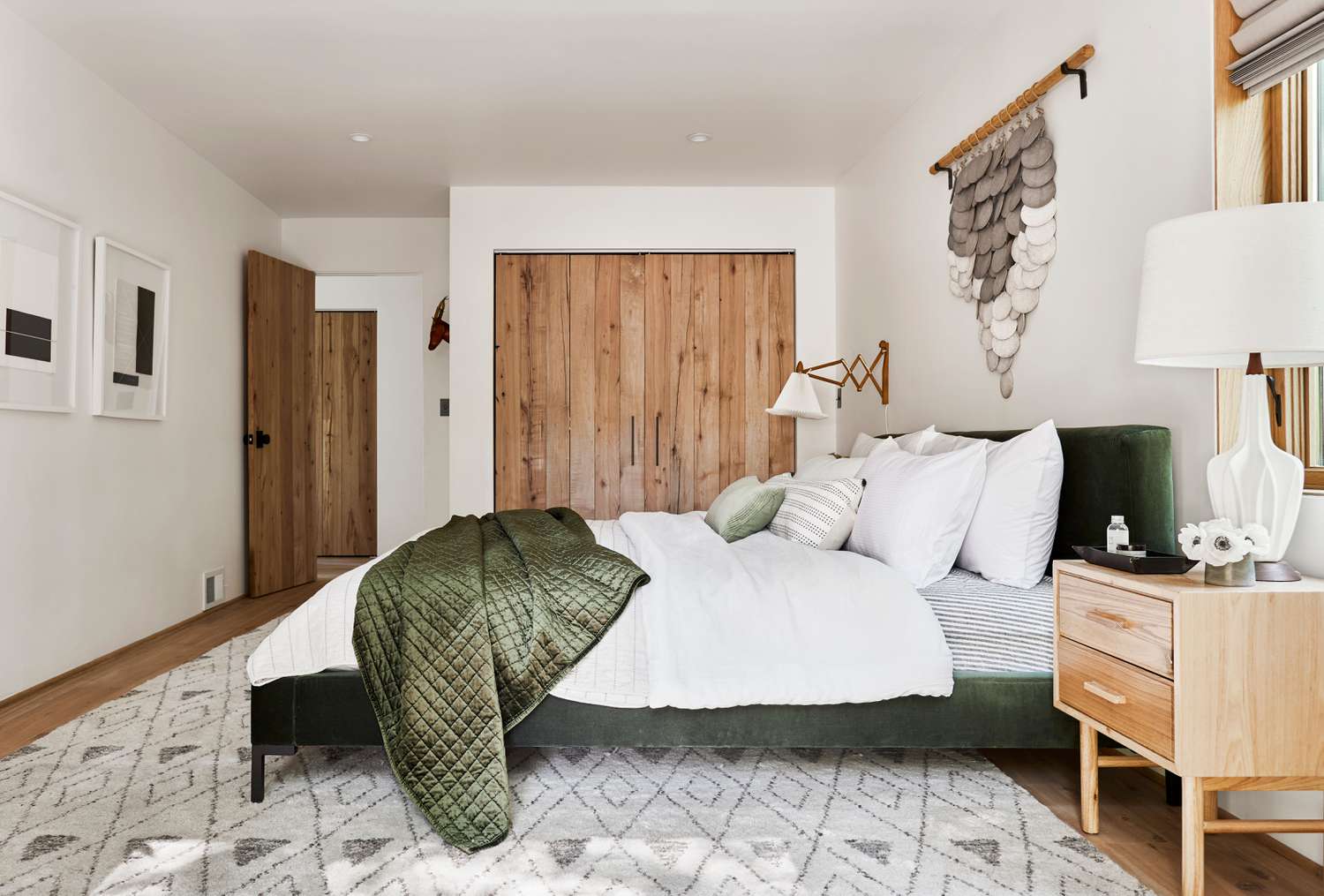

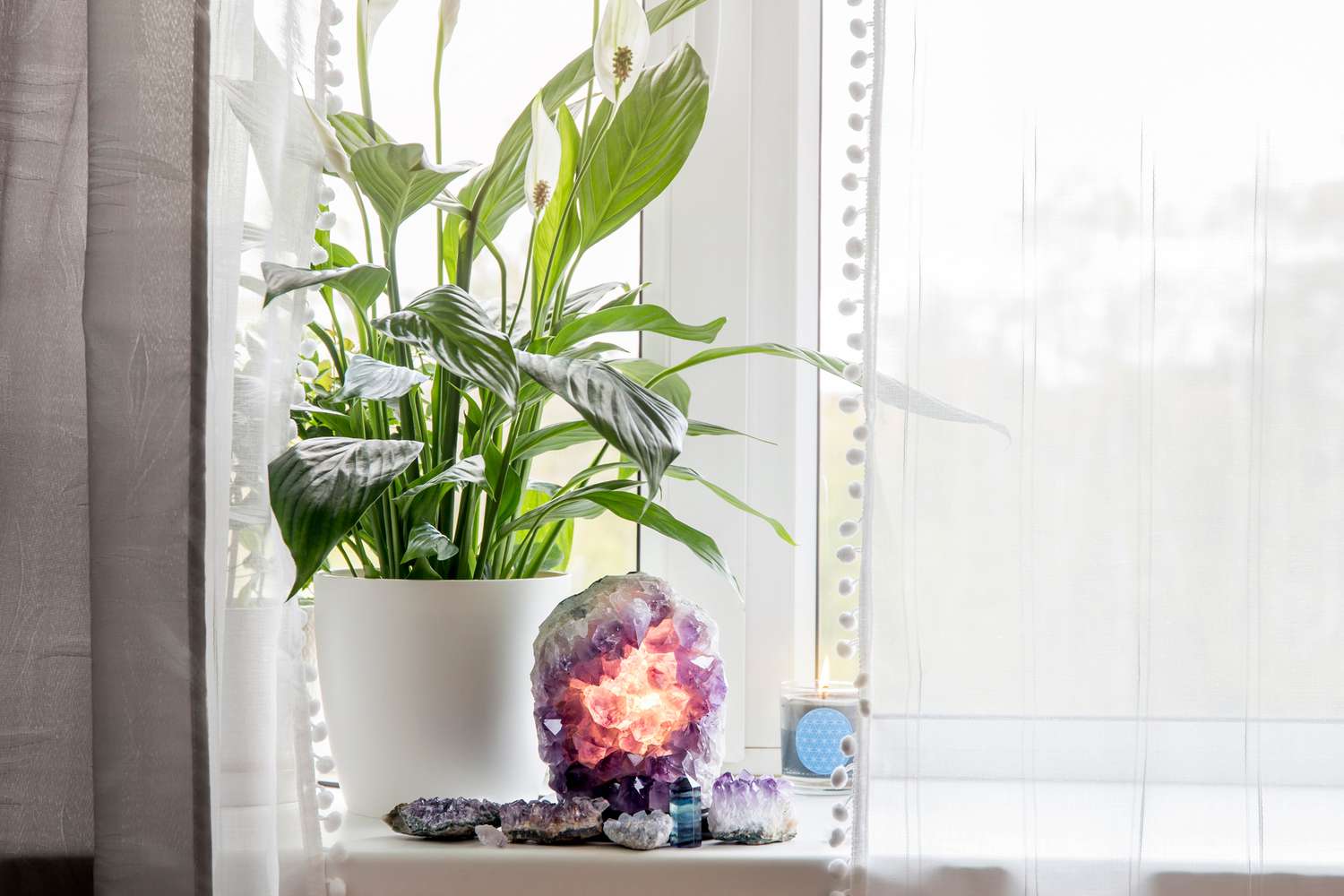

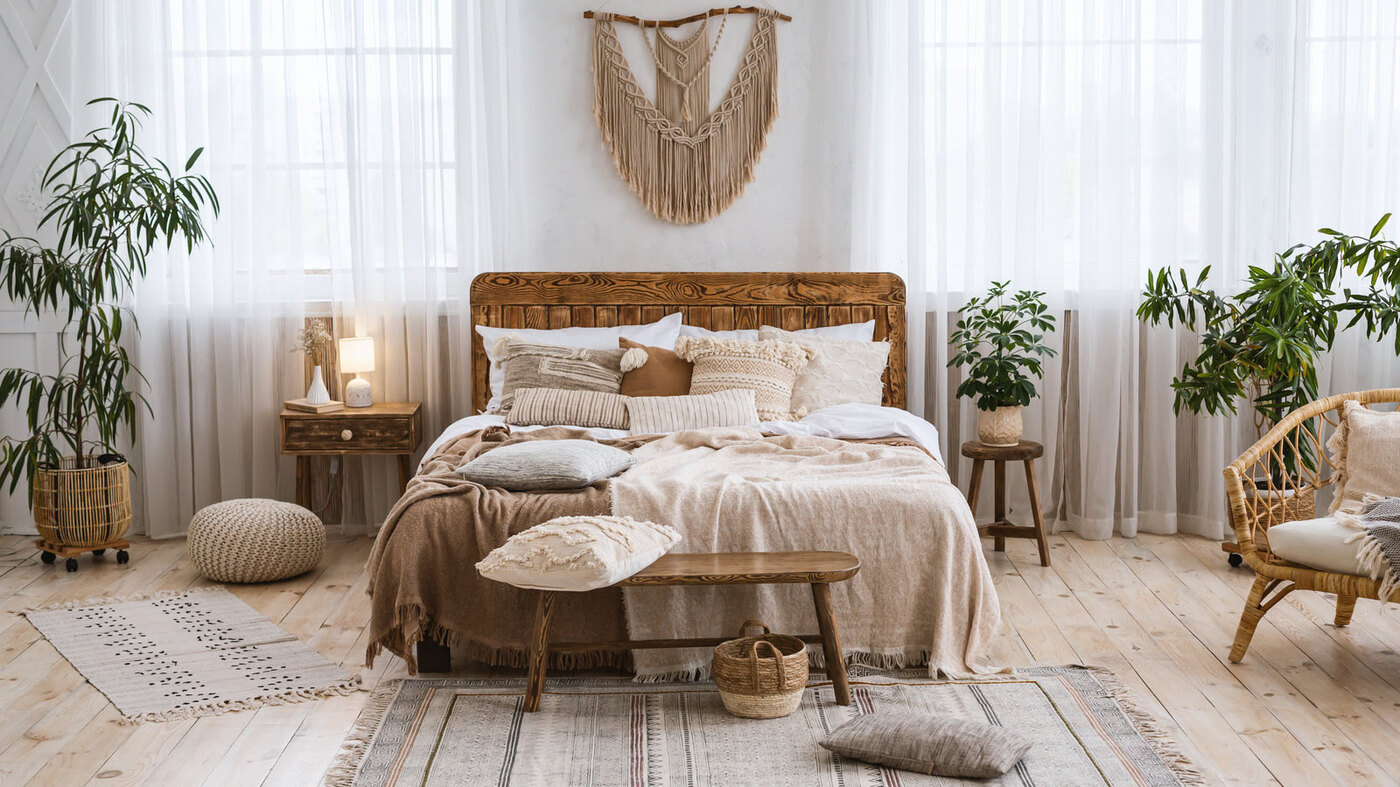
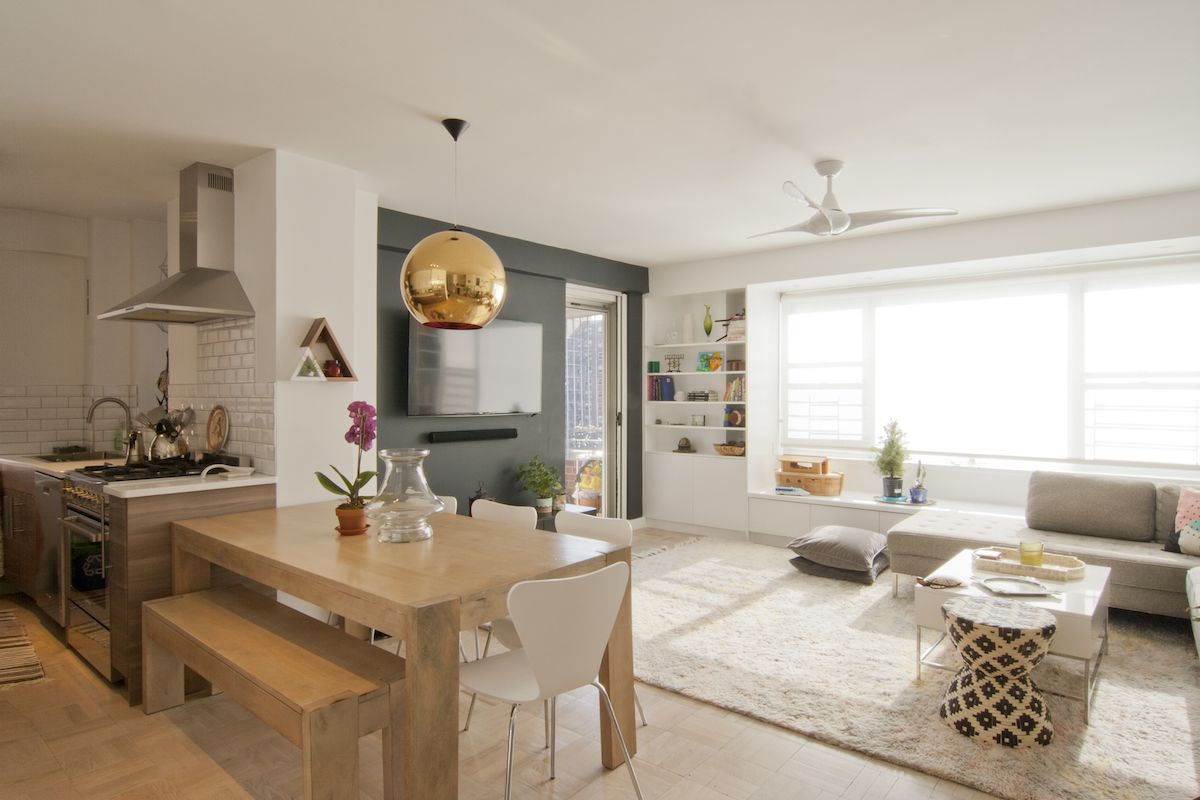
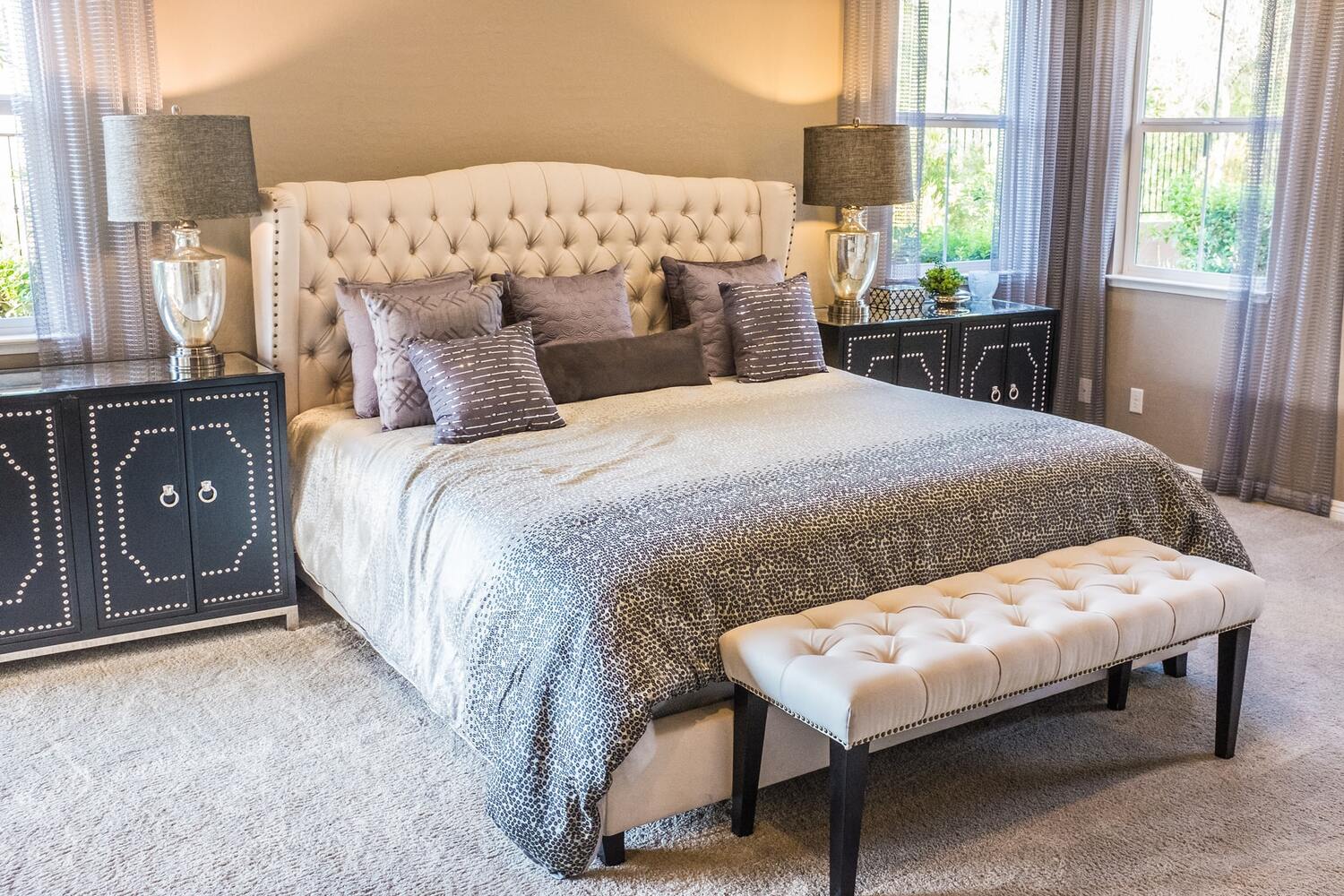
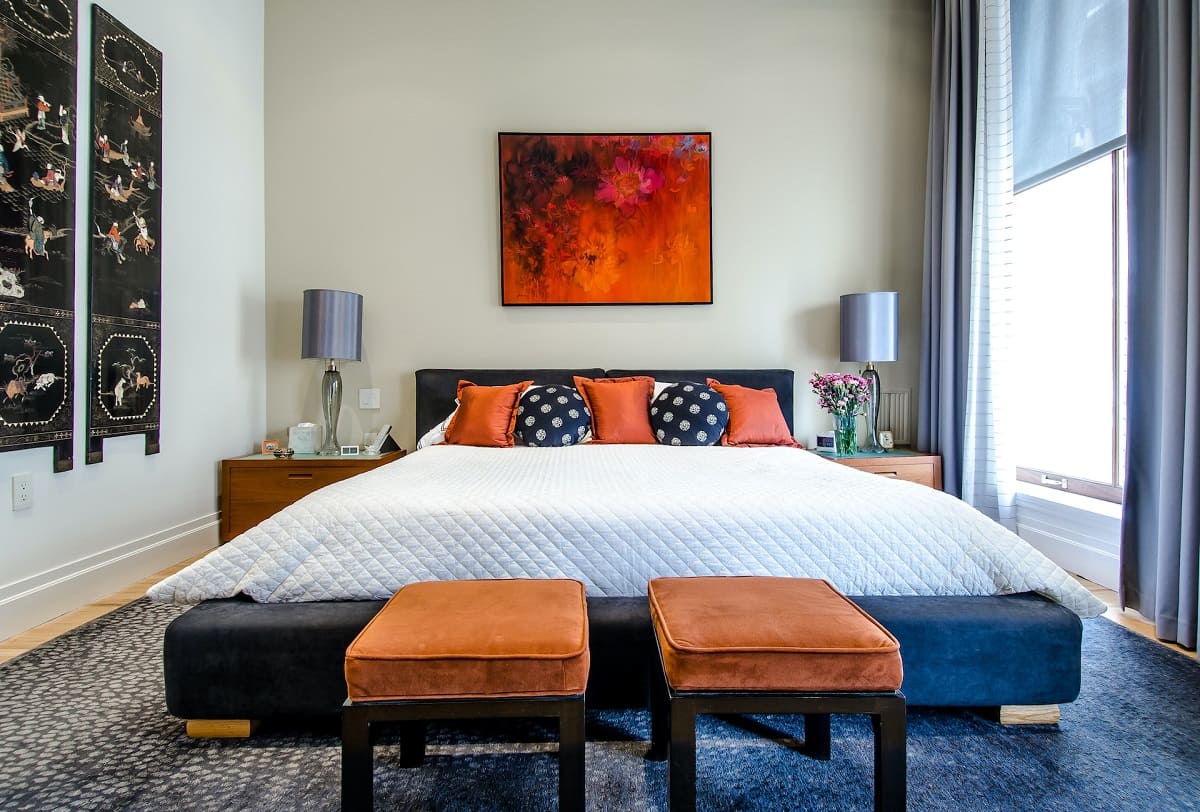

0 thoughts on “What Is The Feng Shui Death Position In A Bedroom? And Why You Should Avoid It”